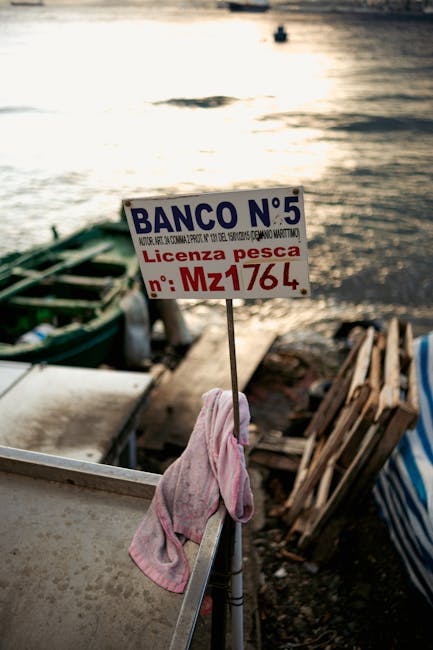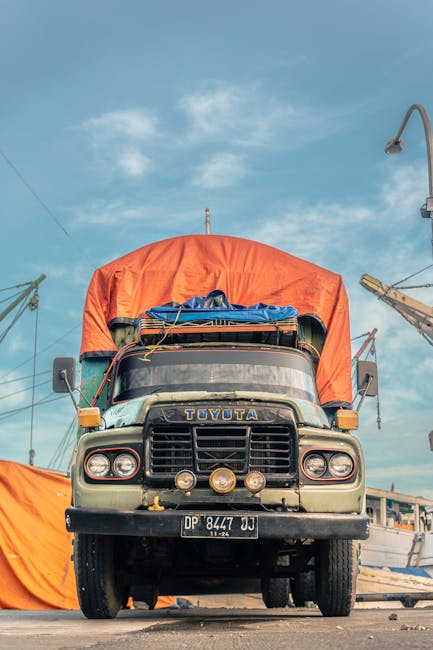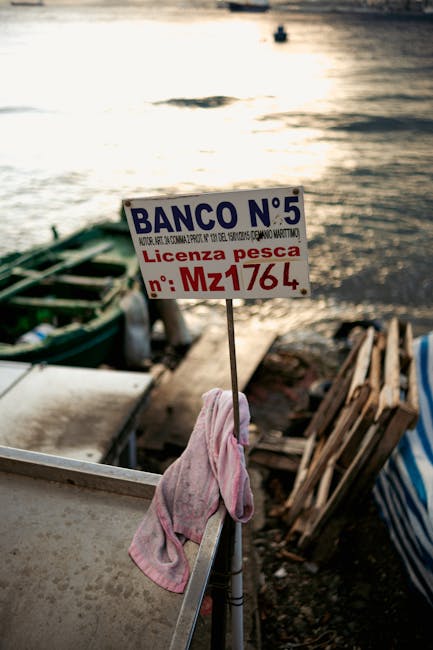Your Ultimate Guide to DNR Fishing Licenses: Everything You Need to Know
Planning your next fishing adventure? Before you cast your line, make sure you’re legally covered with the proper DNR (Department of Natural Resources) fishing license. Navigating the world of fishing licenses can be confusing, with varying requirements depending on your location, age, and the type of fishing you plan to do. This comprehensive guide will walk you through everything you need to know to obtain your DNR fishing license and enjoy responsible, legal fishing.
Understanding DNR Fishing Licenses
DNR fishing licenses are permits issued by state and sometimes provincial governments that authorize individuals to fish in designated waters within their jurisdiction. These licenses are crucial for conservation efforts, helping to manage fish populations and ensure sustainable fishing practices. Revenue generated from license sales often funds vital programs focused on habitat restoration, fish stocking, and wildlife conservation.
Why Do You Need a DNR Fishing License?
Obtaining a DNR fishing license isn’t just about following the law; it’s about contributing to the long-term health of our waterways and fish populations. By purchasing a license, you directly support initiatives aimed at:
- Protecting endangered species
- Maintaining clean and healthy waters
- Stocking lakes and rivers with fish
- Enhancing fishing habitats
- Funding wildlife research and conservation efforts
Types of DNR Fishing Licenses
The specific types of DNR fishing licenses available vary by state and province. However, common categories include:
- Resident License: For individuals who meet the residency requirements of the state or province.
- Non-Resident License: For individuals who do not meet the residency requirements. These licenses often come at a higher cost.
- Senior License: Offered at a reduced rate for individuals who meet the age requirements (typically 65 or older).
- Youth License: Available at a reduced or free cost for individuals under a certain age (this varies by jurisdiction).
- Combination Licenses: Often combine fishing and hunting licenses, providing access to both activities.
- Short-Term Licenses: Permit fishing for a limited time period, such as a weekend or a week.
- Specific Species Licenses: May be required for fishing specific species, such as salmon or trout, depending on regulations.
How to Obtain Your DNR Fishing License
The process of obtaining your DNR fishing license has been streamlined in most jurisdictions. You typically have several options:

- Online Application: Many DNR agencies offer convenient online portals to purchase and print your license instantly. This often involves creating an account and providing necessary information.
- In-Person Purchase: You can purchase a license from authorized retailers, such as sporting goods stores, bait shops, and some grocery stores.
- By Mail: Some agencies accept applications by mail, though this process is typically slower than online or in-person purchases.
Required Information for Application
Be prepared to provide the following information when applying for your license:
- Full name and date of birth
- Address
- Driver’s license or other form of identification
- Payment information (credit card, debit card, or check)
- Email address (for online applications)
Understanding Fishing Regulations
Having a fishing license is only one part of responsible fishing. It’s equally crucial to understand and adhere to specific fishing regulations in your area. These regulations vary greatly and cover aspects such as:
- Bag Limits: The maximum number of fish you are allowed to catch per day or per trip.
- Size Limits: Minimum and maximum lengths of fish you are allowed to keep.
- Open and Closed Seasons: Specific time periods when fishing for particular species is permitted or prohibited.
- Fishing Methods: Restrictions on the types of fishing gear and techniques you can use.
- Protected Areas: Designations of areas where fishing may be restricted or entirely prohibited.
Frequently Asked Questions (FAQs)
Q: How long is a DNR fishing license valid?
A: The validity period of a DNR fishing license varies by state and license type. Some are valid for a year, while others might be for shorter periods, such as a season or a specific period.
Q: What happens if I get caught fishing without a license?
A: Fishing without a license is a violation of the law and can result in fines, court appearances, and potential equipment confiscation. Penalties vary by jurisdiction.
Q: Can I use my license in other states?
A: No, a DNR fishing license is typically only valid in the state or province where it was issued. You will need a separate license for fishing in other jurisdictions.

Q: What if I lose my license?
A: Most DNR agencies offer replacement licenses, often for a small fee. You’ll typically need to provide proof of purchase or your license number.

Q: Where can I find specific fishing regulations for my area?
A: Consult the official website of your state’s or province’s Department of Natural Resources (DNR) or equivalent agency. These websites provide comprehensive information on fishing regulations and licensing requirements.
Remember to always check the specific regulations before your fishing trip to ensure you’re complying with the law and contributing to the conservation of our valuable aquatic resources. Enjoy your fishing experience!

